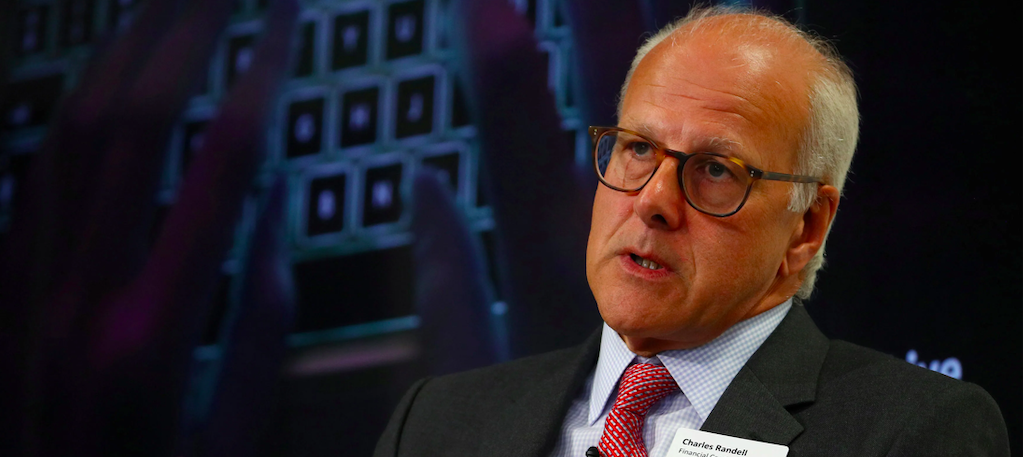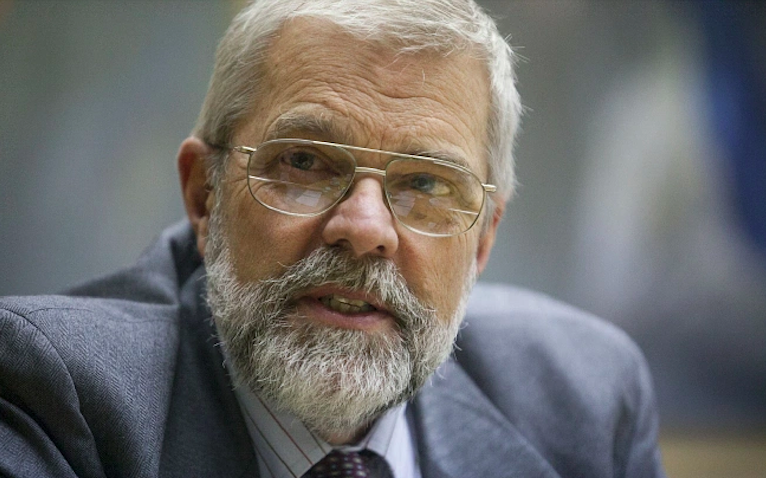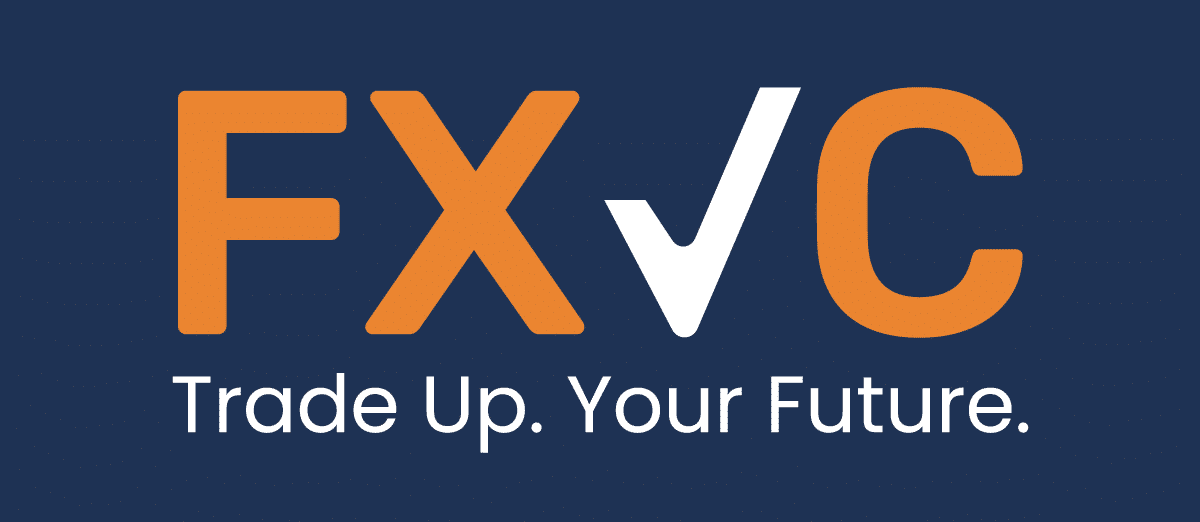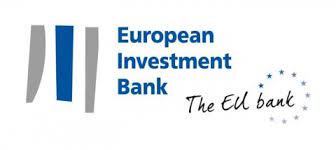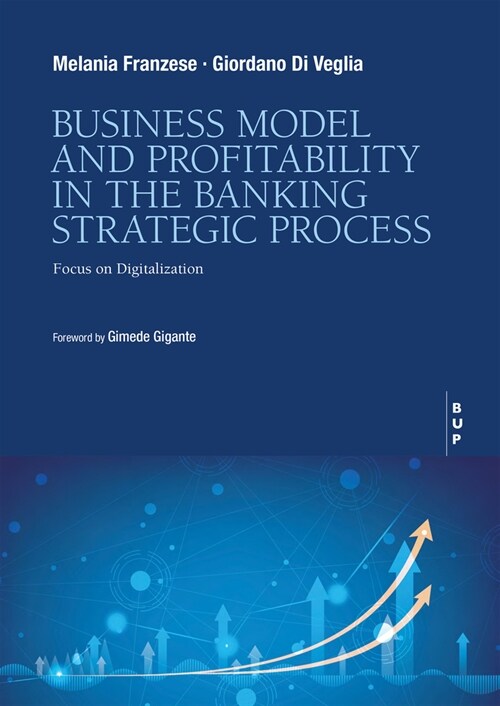by Naeem Siddiqi
As consultants and bankers, my industry colleagues tend to think of climate risk in terms of regulations, disclosures, models, stress testing, and dollars and cents. The global climate change crisis sometimes seems so detached from our everyday lives, as if it’s a problem we can leave at the office (or home office, as is the case for many of us today). And yet we’ve already experienced – and will continue to see – more frequent and extreme severe weather events, each tremendously impactful on ecosystems, businesses, health and more. Consider, too, that certain factors driving climate change could potentially increase the likelihood of another pandemic. The thought is overwhelming. But we aren’t doomed. There are ways that we, both as a society and as individuals, can help steer humankind toward a greener future. Perhaps the one silver lining of the COVID-19 pandemic is that it provides opportunity for a “hard reset” on how we do business and how we (mis)use the planet. The question is, where do we start? Continue reading…



